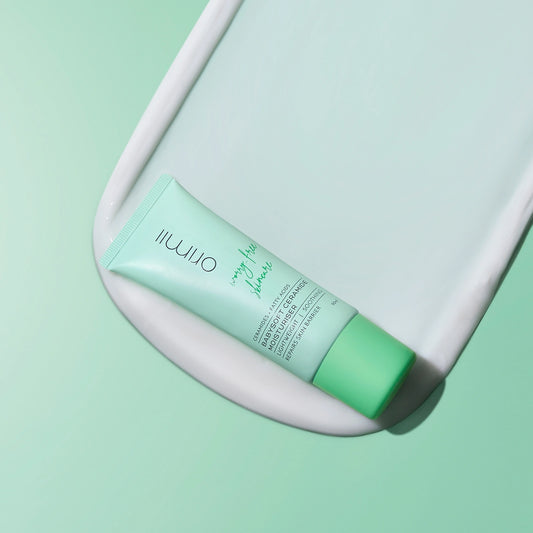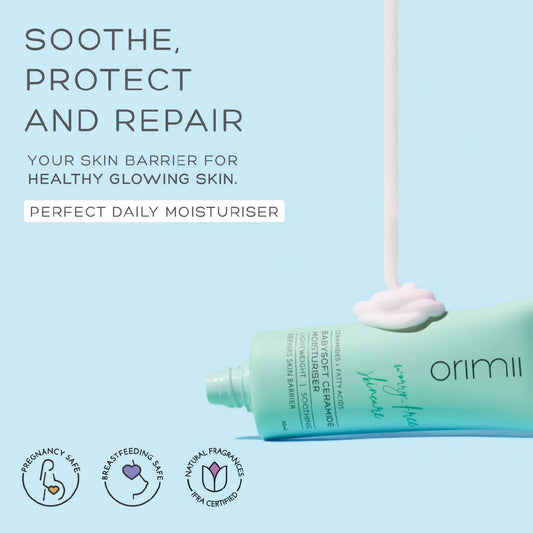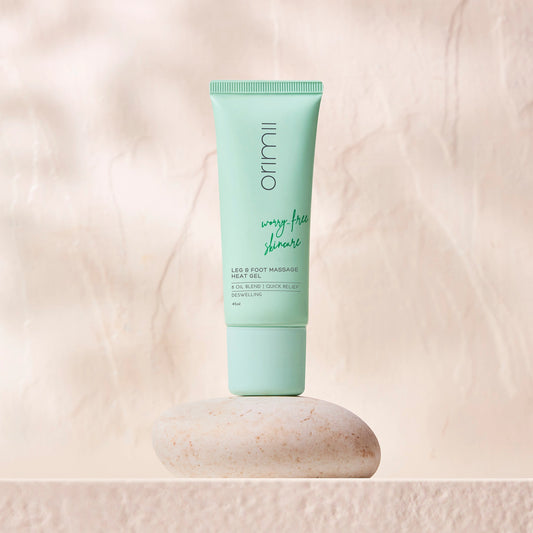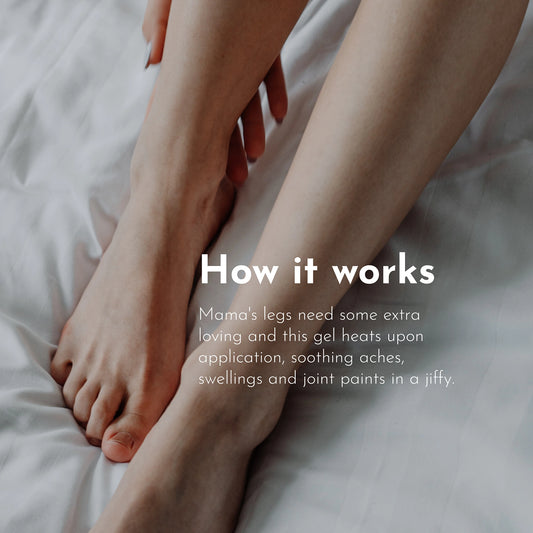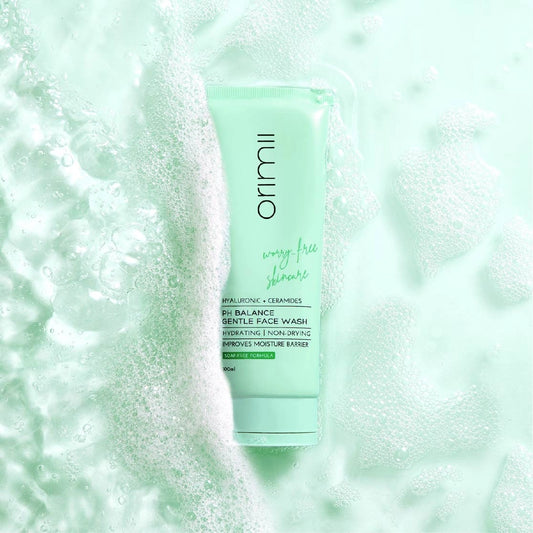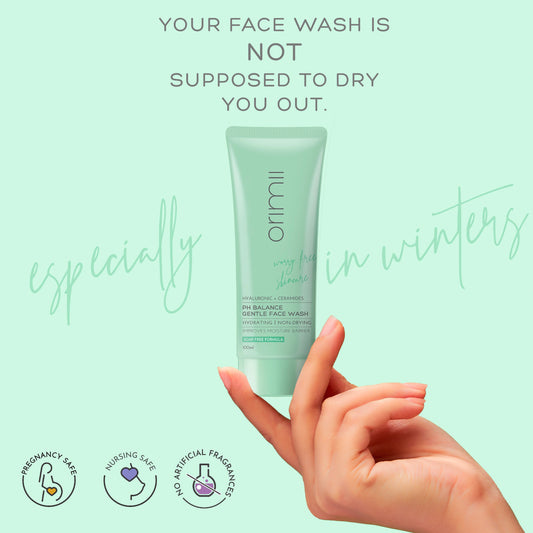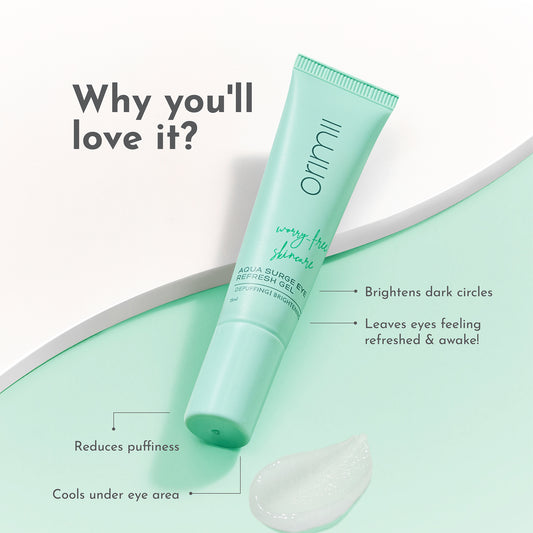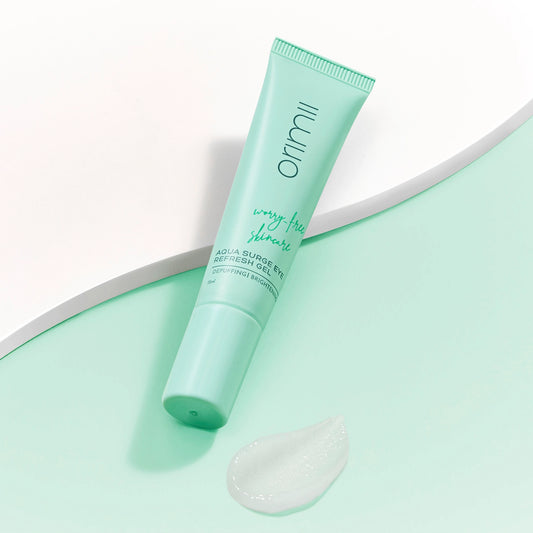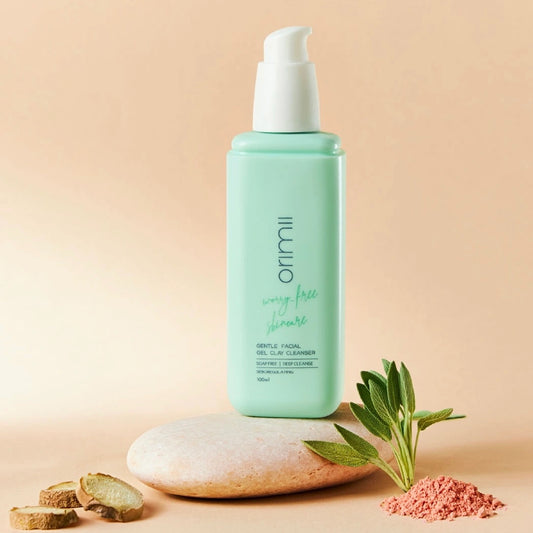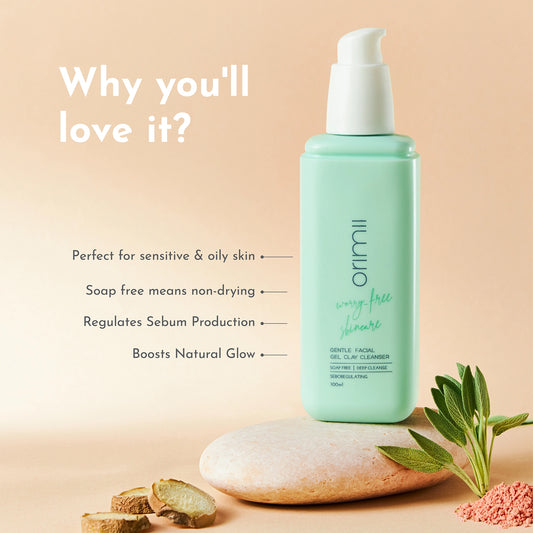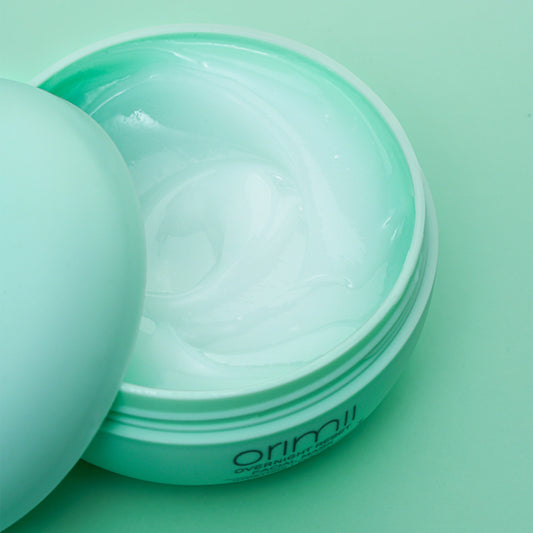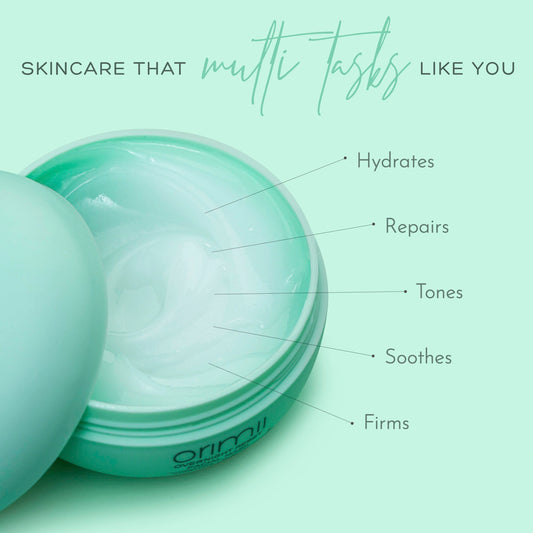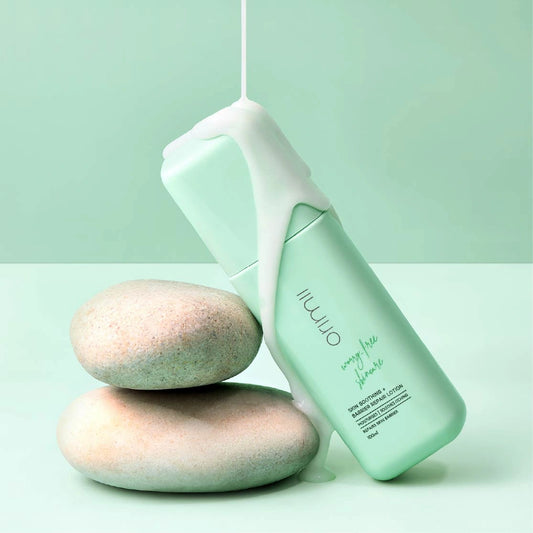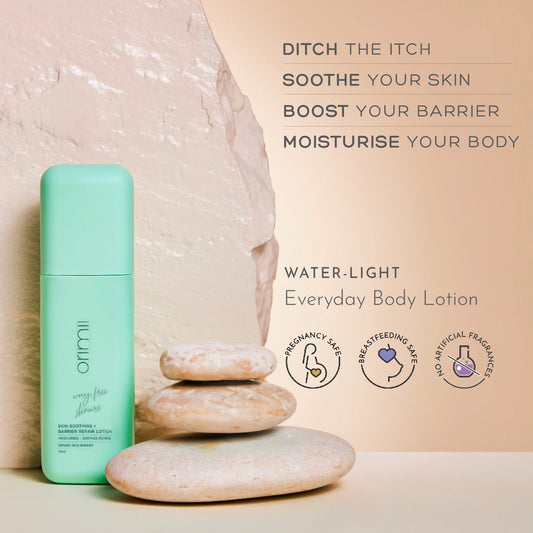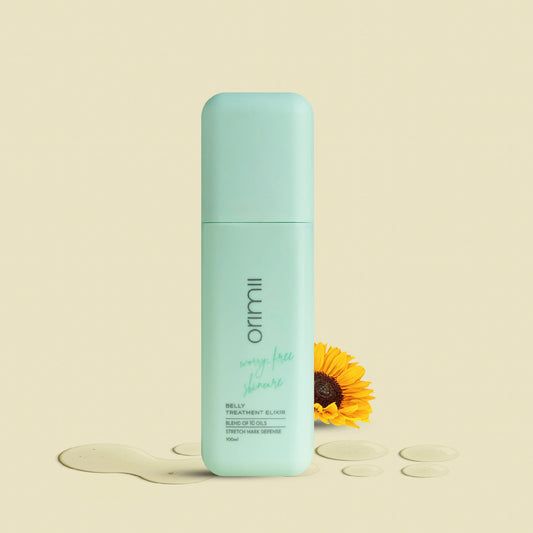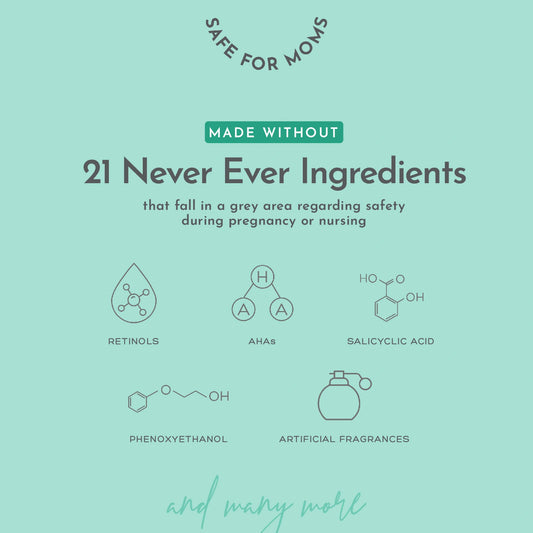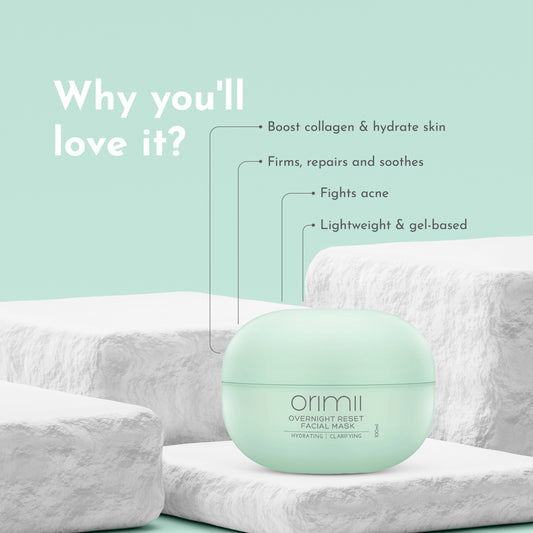The Healing Guide Every Postpartum Mama Needs

|
Motherhood is blissful and challenging at the same time. For new mothers, the postpartum period is both transforming and difficult. It's crucial for women to give their own recovery and well-being top priority after the joy of delivering. Postpartum mental health is of great importance for every new mom. Take care of your mental well-being just like how you take care of your body in order to heal and enjoy beautiful times with your baby. Postpartum depression in working mothers is a reality and an added challenge. In this blog, let us understand what postpartum depression is and learn about some of the postpartum recovery tips that will help every woman on her road to recovery. What is Postpartum DepressionPostpartum depression (PPD) is a clinical depression that might affect new moms followed by childbirth. ( 1 ) It can impact the mother’s emotional and behavioral patterns and can be stressful and daunting for the new mom. PPD can set in within 4 weeks of childbirth or can set it after months. Hormonal changes and the difficulties of becoming a mother can cause mood swings, tiredness, and feelings of melancholy or "baby blues" in new moms. However, postpartum depression is a more severe and protracted form of mental discomfort. Postpartum depression in working mothers can lead to added stress and it can happen to stay-at-home moms too. Are “Baby Blues” and Postpartum Depression the Same?Postpartum depression (PPD) and the "baby blues" are two distinct but connected illnesses that can afflict new moms. There are significant variances between the two, even if they have some parallels in terms of symptoms, length, and timing. The question always is how to screen your postpartum mental health. Let’s take a look at the differences between “baby blues” and postpartum depression. Baby Blues
Postpartum Depression
Signs of Postpartum DepressionPostpartum mental health is important for every mom. But the symptoms of postpartum depression might be challenging to recognize. If you notice these symptoms you might be facing postpartum depression.
Tips to Have Sound Postpartum Mental Health After BabyPostpartum mental health and well-being can be achieved by following a proper lifestyle. You can always check with your physician should you need any medical help in case of extreme depression. Nurturing the BodyRest well: Postpartum recovery depends on getting enough rest and sleep. Creating a sleep schedule and practicing self-care rituals like massage and relaxation exercises helps. Nutrition and Hydration: Restoring the body's nutritional stores after childbirth requires a balanced diet and appropriate hydration. Include nutrient-rich foods like lentils, avocado, coconut, nuts, seeds, olive oil and eggs in your diet. You can also include foods that promote breastfeeding and encourage healing. Physical Recovery: Physical well-being is vital for postpartum mental health. Do yoga and brisk walking if you had a normal delivery. If you had a C-section then gradually resume light exercise and physical activity according to your doctor’s advice. Emotions and Postpartum Mental HealthDuring the postpartum period, it is essential to take care of one's emotional well-being. Mindfulness exercises, journaling, finding support systems, and doing things you enjoy help considerably. Postpartum depression in working mothers can be a very difficult phase, thus emotional wellbeing is vital. It's important for both the mom and baby that a close relationship is built between the two. Include skin-to-skin contact time, and adopting responsive parenting techniques to promote the bonding of mom and baby. You can even try baby-wearing to keep the baby close and safe. Seek SupportYour partner and family members are essential in helping you when you are undergoing postpartum depression. You can seek support from postpartum doulas, consulting with medical professionals, lactation consultants, and therapists. Participating in online postpartum support groups can also help considerably. Getting used to motherhood's demands might be difficult, however, postpartum mental health is achievable. Practicing self-compassion during this transitional time is helpful in your road to mental well-being. Building a Supportive Environment & Self-Care for PostpartumBuilding a positive environment at home can help when battling postpartum depression.
Don't hesitate to ask for help when you need it. Remember, self-care is not being selfish, it is in fact important for your postpartum mental health and wellbeing. ConclusionThe time immediately following childbirth is one of great change and adaptation. New mothers can go through this stage with confidence and strength by prioritizing self-care, getting help, and concentrating on healing. Keep in mind that every new mother deserves support and care—both physically and emotionally. This healing manual seeks to give new mothers the knowledge and assistance they need to navigate the postpartum period. FAQS on postpartum mental healthWhat is the psychological effect of postpartum? Some of the psychological effects of postpartum are extreme anxiety, confusion, urges of self-harm and even urges of causing harm to the baby. What are the emotional phases of postpartum?Typical postpartum emotional experiences include a variety of emotions like tiredness, mood swings, the baby blues, and occasionally postpartum depression or anxiety. You might feel a lack of connection with the baby. How does postpartum affect the brain?Hormonal changes caused by postpartum, particularly a sharp decline in estrogen and progesterone levels, have an impact on the brain. For postpartum mental health, it is imperative that you take all-around care of yourself. |
